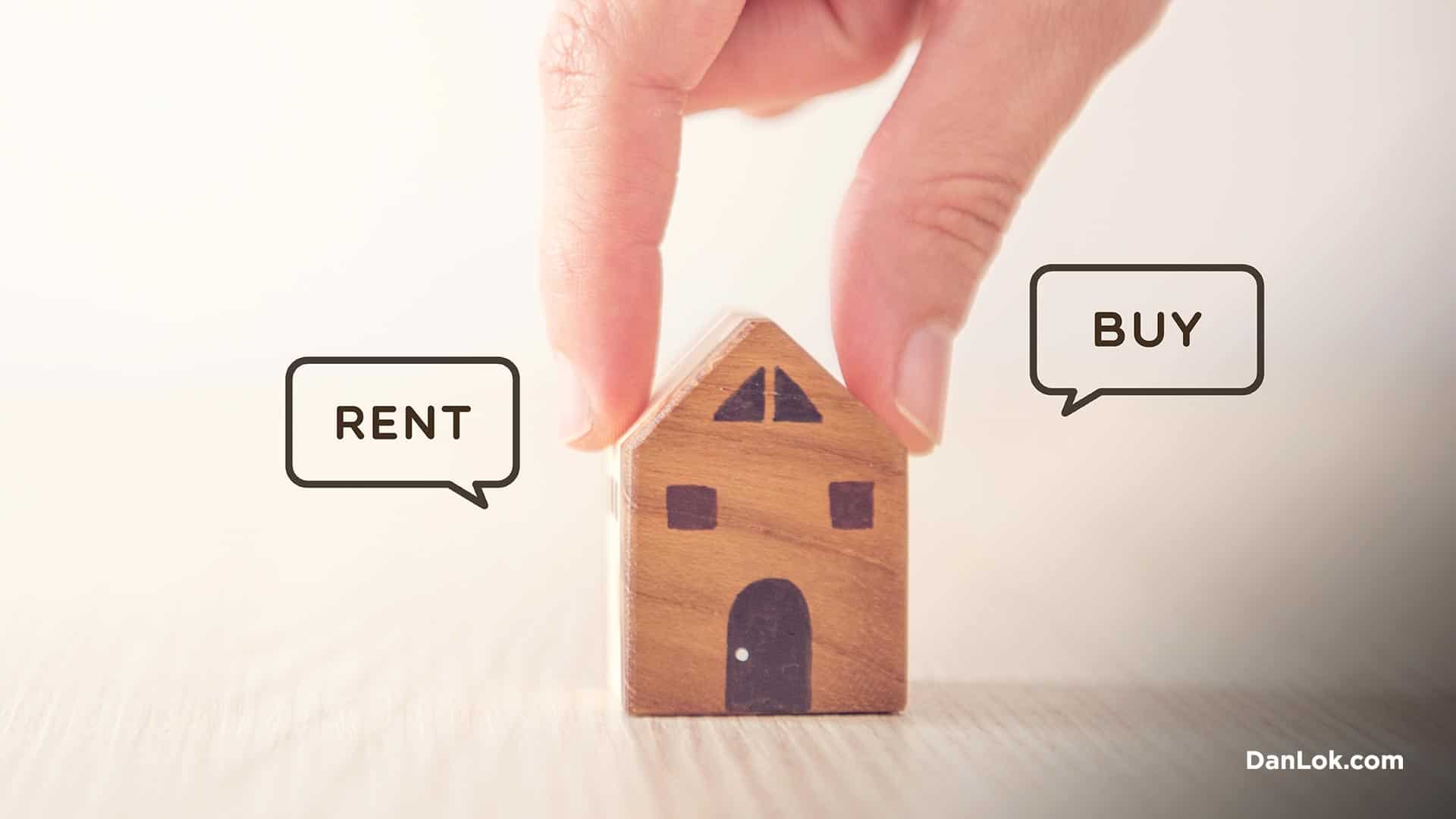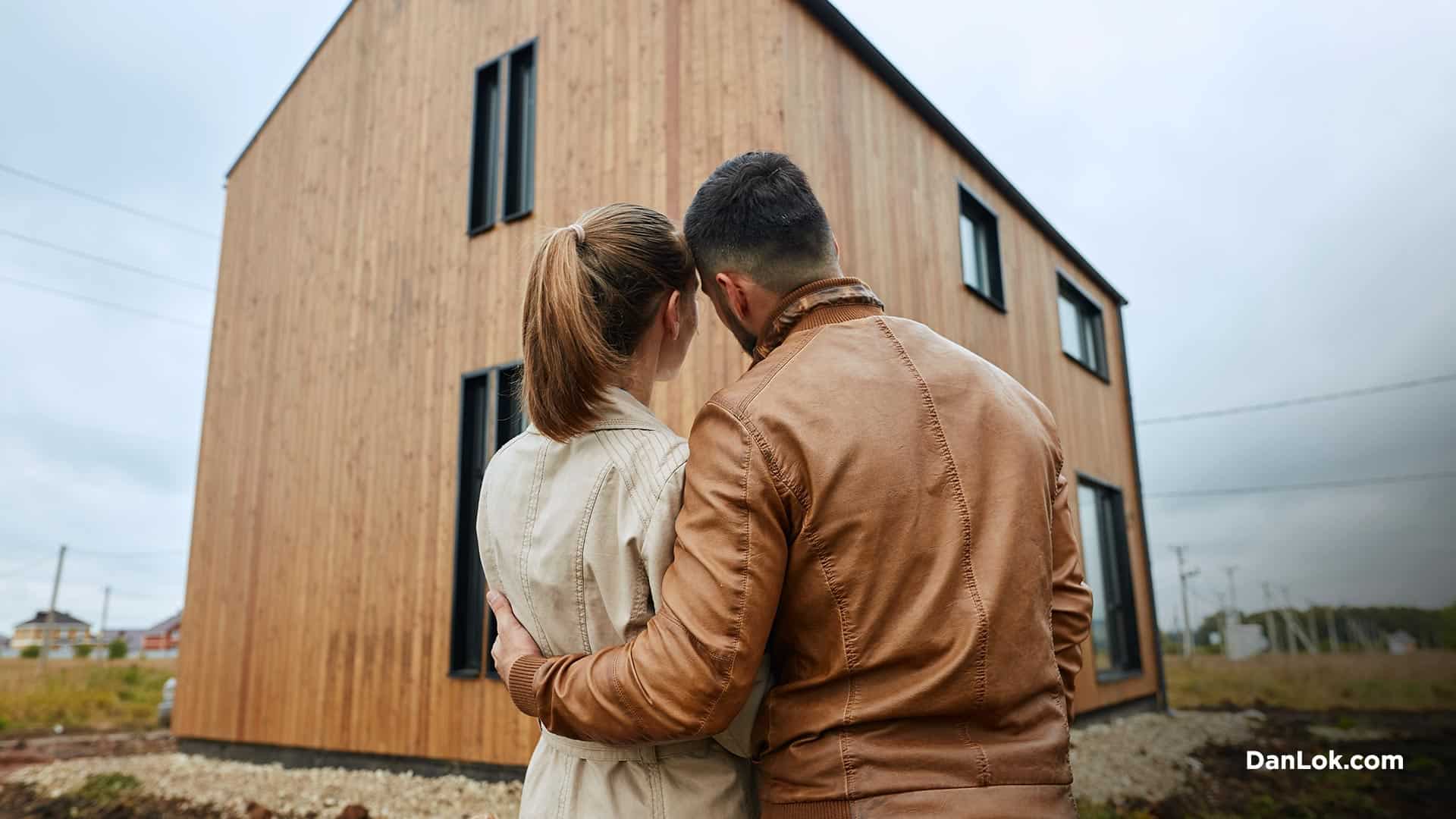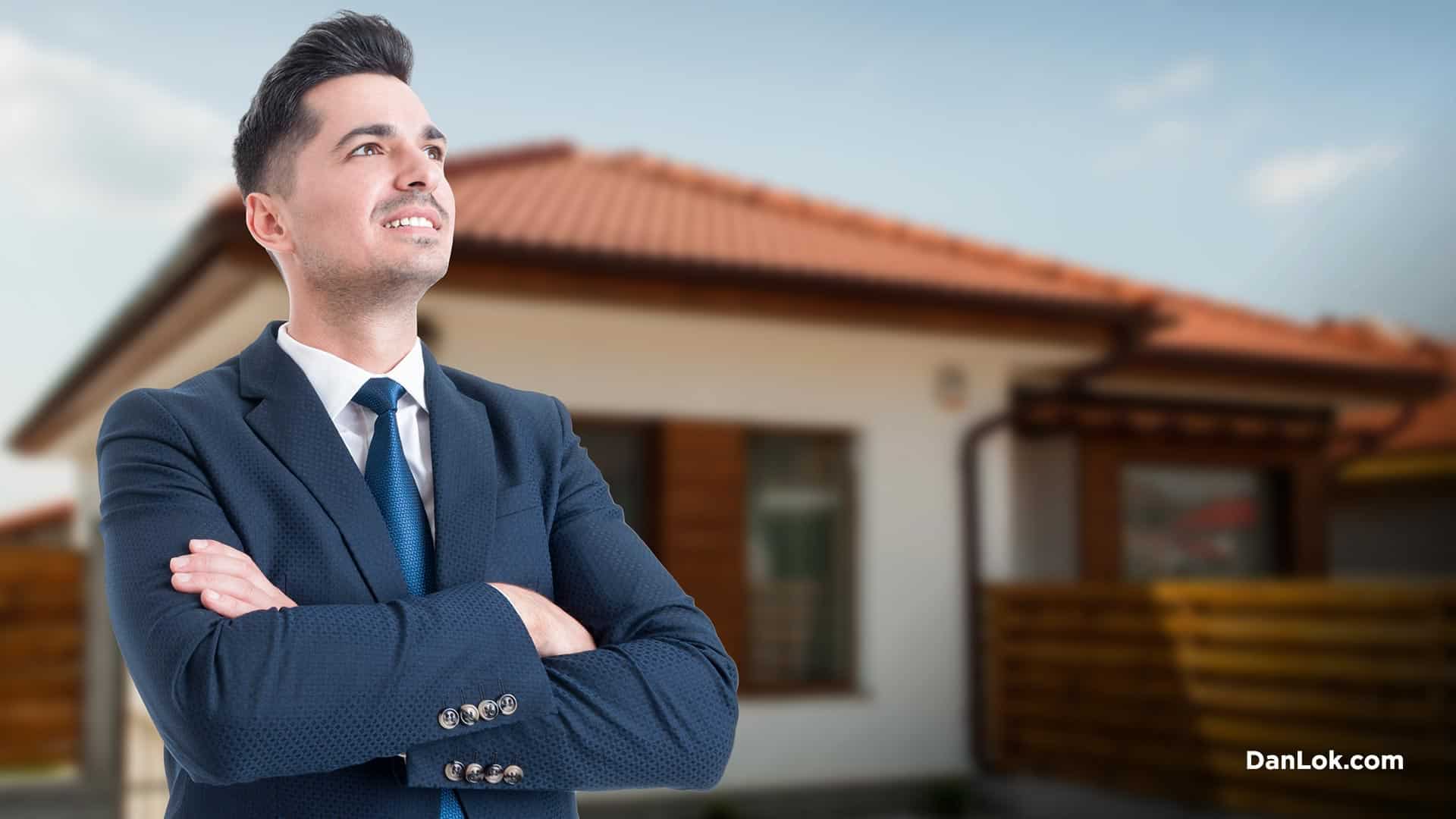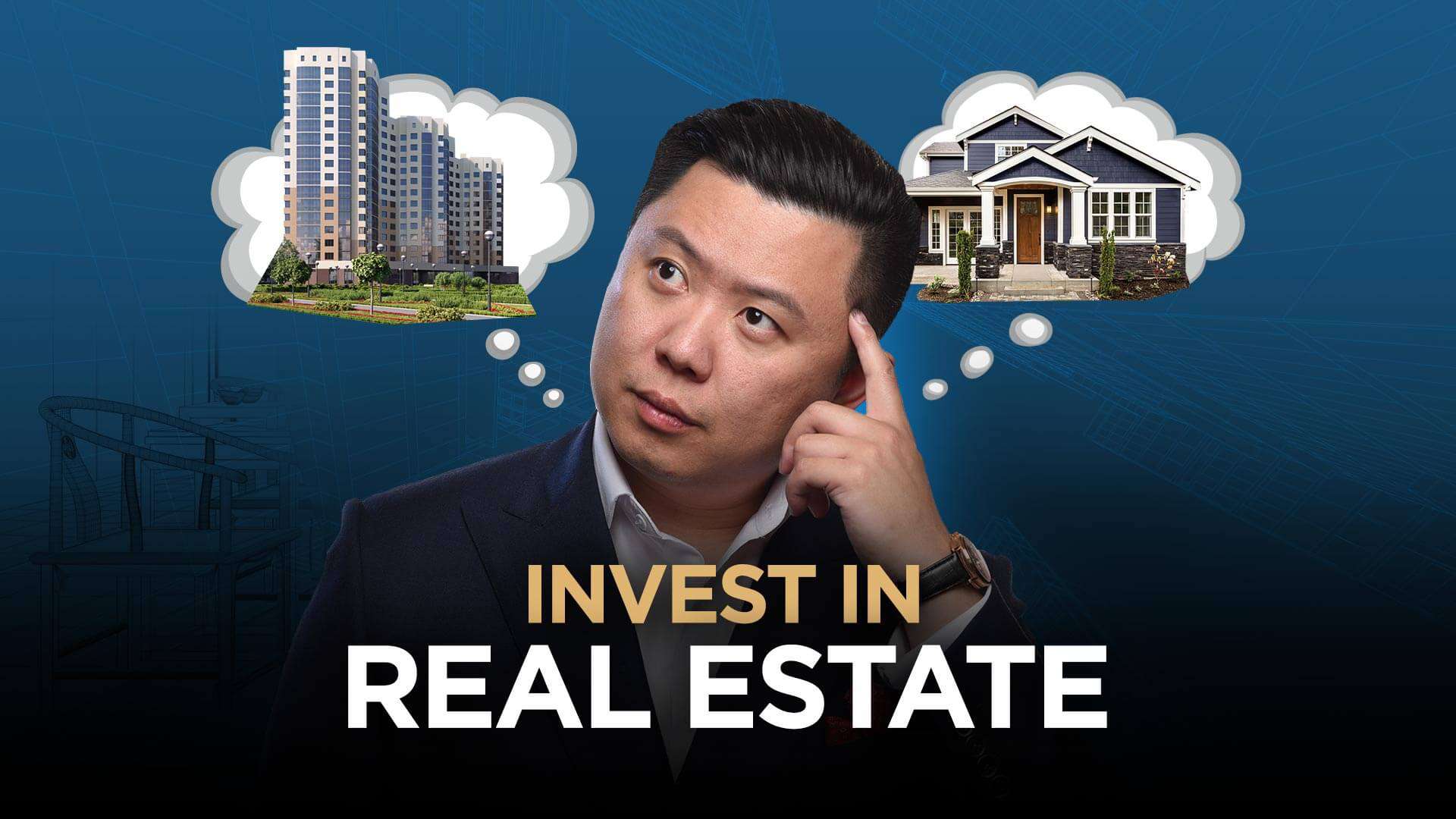When I was a younger entrepreneur, I couldn’t help but wonder if investing in real estate was a good idea.
I was raised like a typical Asian. In Hong Kong, which is where I’m from, a lot of people dream of owning a home. I was taught to believe owning a home was an ideal goal. If you want to do what you were raised to do, then you would buy a home, whether it’s a house or a condo. But if you want to have more mobility because your job is not stable and you don’t have a steady income, renting might be wiser.
Which would you rather choose: an unachievable dream or financial suicide? Share on X
Both seem unpleasant, especially in a high-priced real estate market like Vancouver.
People say if you rent, you’re making somebody else rich. You’re paying someone else’s mortgage. You’re throwing money out the window instead of investing in real estate that will be yours.
If you’re from an Asian background, you were taught from a young age to own your home. You want to own the roof over your head, no matter what the cost. If the mortgage was barely affordable, you just worked longer hours or got a second job.
You became what they call “house poor.” You had a beautiful home you could be proud of, but it was also the black hole all your savings disappeared into.
I couldn’t help but wonder if this was at all a good investment.
So, should you buy or should you rent? Now, I believe it’s the wrong question to ask.
Here’s why: It depends on where you are at in life, your income, and also your goal. It’s like asking, “Well, should I buy a condo, or I should I buy a house?” It depends on whether you want a garden. If you want to have a gym. If you want a condo lifestyle, so you deal with less maintenance. Or if you love to spend your spare time gardening and lounging outside.
Investing in real estate and buying a home is a major decision, probably the most important investment that you’ll ever make in your life.
So today I’m going to give you some principles that will help you to make these decisions wisely. I’m going to share some insights with you based on my experience as an entrepreneur and investor.
Watch this video about whether you should rent or buy.
Question 1: Can You Really Afford To Be Investing In Real Estate?
Consider the cost of renting versus buying. If you live in any of the major cities, you know prices of real estate can be very expensive.

With your current income you may not be able to buy at all. It might take you years, maybe decades to save up enough money just for the down payment. And then after that, it’s a stretch to make the monthly mortgage payment.
In this situation, there is too much risk involved. If you can barely afford the mortgage payments, then an emergency, such as a leaky roof, could get you into deep financial trouble.
In this case, don’t buy, rent.
Question 2: Is It Cheaper To Rent Than To Buy?
In a city like Vancouver, the housing prices are so expensive they say you need an income of over $100,000 to buy property there. The mortgage payments and property taxes would be so high that maybe it’s better for you to rent and then buy later when you have more savings.
You might be wondering if you could buy property and make money from it, to help with your mortgage payments. In that case, you would be a landlord renting out a piece of property. Next you would have to decide how much to charge the renter to cover your mortgage. If the rent you charge is not enough to cover your mortgage payments, that’s called negative cash flow.
For a lot of real estate investment properties, there is actually a negative cash flow. You can calculate it. If your monthly mortgage payment is $3500, but you rent out the place for only $2800, as the landlord, you’re losing money. Every month the tenant lives there, you’re losing money. You could raise the rent, but you may also lose the renter, who may not want to pay more.

What you’re counting on is the appreciation of the property over time so by investing in real estate you would get your investment back when you sell it.
As a tenant in Vancouver, you save a few dollars. You don’t have to make a down payment, so you can rent a place that’s not so nice but saves you money. You can use that money towards something else, maybe starting a business, or developing a side hustle so that you can afford to buy in the future.
Question 3: Should You Rent If You Are Still Earning And Learning?
Maybe you just graduated, maybe you just started your own business. You’re trying to figure out out your career, your strengths, the ideal location for you to prosper. You never know, because there may be an opportunity in another city, and then you’ll have to move.
In that situation, I recommend that you rent because you want to be mobile. You want to be flexible, especially if you’re a millennial, and instead of investing in real estate just save that down payment to invest in yourself.

Or if you’re an entrepreneur starting a business, invest that amount in your business, so you can grow it. When that business makes you more money, look into buying. But for now, rent if you’re still earning and you’re still learning.
Question 4: Should You Buy If You’re Stable And Established?
Let’s say you’re close to or over 30 years old, and you have a stable career with a good income. You don’t expect to change your work situation anytime soon, and you won’t be moving from the city you plan to live in. You can afford to buy a home in a good neighborhood, and still have money left over after you buy. In this case, you can afford to buy a home, especially if your mortgage doesn’t exceed 25% of your monthly income.

If you have a significant other, and you and your partner are working on this purchase together, you can think about how much you can spend on a home. If you both have a reliable source of income, either from a job or from the business you’re working on together, then you should buy. Buy because you are starting a family, and you want to have a place where you can watch your kids grow up.
Question 5: Should You Buy If You Are An Entrepreneur And Not Yet An Investor?
Entrepreneurs like to take risks. So do investors. The difference is investors only invest money in an opportunity or business but an entrepreneur invests ideas, time, passion and in some cases, money, in a business.
If you’re an entrepreneur or business owner, you want to look at your home as not an investment, but a savings plan. Your primary residence is your savings account. If you look at it that way, it is a forced savings plan for you. So, in case your business goes through financial ups and downs you’re still putting money aside in your savings account. You’re not betting everything you have on your business.

If you stop paying your mortgage, you’ll be out on the street very quickly, but somehow, as an entrepreneur, you’ll be creative enough that you will find the money. Every month you’re putting money in your mortgage, your savings account, in case something happens to your business. It’s a bit of a buffer so at least you have some equity.
I learned this the hard way. Entrepreneurs are sometimes overly optimistic. We think everything is going to be good, everything is going well, but sometimes you never know. So, if you are an entrepreneur, buy the home that will be your savings plan.
Question 6: Do You Buy If You’re Financially Successful?
If you’re stable and you’re financially successful, buy. I believe when you have your own home, there is a psychological benefit to that.
Knowing that you’ve got a place, and you can design the home exactly the way you want to maximize your productivity. At the same time, your home is your sanctuary, your primary residence. But it’s not an investment, and I’ll explain why in a moment.
If you’re financially successful, I would recommend you spend no more than 20% of your net worth on that primary residence. Some people may say up to 30%. So how would you calculate that amount?
Let’s say your net worth is two million dollars. You wouldn’t spend more than $400,000 on your primary residence because your home is not an investment. You don’t buy your home because you intend to make money from selling it. So you spend 20% of your net worth on a house, and use your extra money to buy more investments, such as real estate.

I spend a very tiny percentage of my overall net worth for my primary residence. That’s my home where I have my sauna, massage chair, home theater, library, man cave, and gym. I have everything in one place, when I designed the ideal home for me. That’s where I feel relaxed and that’s where I recharge.
So if you’re still undecided about renting or buying, ask yourself these questions which I covered in this article:
- Can you afford it? No = rent
- Is it cheaper to rent or buy? Not enough savings = rent
- Should you buy if you’re still learning? Not stable in life = rent
- Should you buy if you’re established? Enough savings = buy
- Should you buy if you’re an entrepreneur? Have savings account = buy
- Should you buy if you’re financially successful? Property is 20% of your net worth = buy
Your home shouldn’t cause you financial ruin. It also shouldn’t be a dream you can never attain. As long as you make wise decisions about your finances and investments, you can become a homeowner.
Grow Your Savings Predictably and Sustainably
If you want to discover how to multiply your savings without losing to inflation, risking your finances to short-term opportunities, and without keeping it in your low-return savings account when investing in real estate, you’re invited to my event in Las Vegas on February 23-24, 2020.
Take control of your financial literacy and reserve your seat before spots run out.




